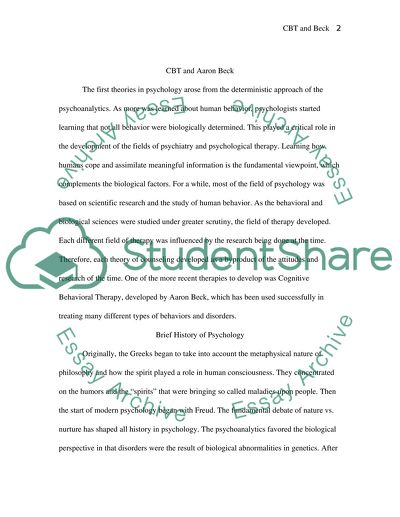Cite this document
(“History of Psychology Essay Example | Topics and Well Written Essays - 2000 words”, n.d.)
Retrieved from https://studentshare.org/psychology/1429963-history-of-psychology
Retrieved from https://studentshare.org/psychology/1429963-history-of-psychology
(History of Psychology Essay Example | Topics and Well Written Essays - 2000 Words)
https://studentshare.org/psychology/1429963-history-of-psychology.
https://studentshare.org/psychology/1429963-history-of-psychology.
“History of Psychology Essay Example | Topics and Well Written Essays - 2000 Words”, n.d. https://studentshare.org/psychology/1429963-history-of-psychology.


